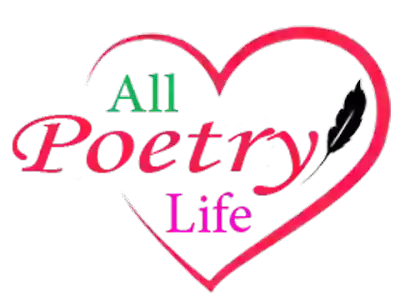What is poetry
There are as many definitions of poetry as there are poets. William Wordsworth defined poetry as "the uncanny flow of powerful emotions." "If I read a book and it cools my body so much that no fire can ever warm me, I know it's poetry," said Emily Dickinson.
Poetry is a lot of things for a lot of people. Homer's epic, "Odyssey," describes the adventure, the journey of Odysseus, and is called the greatest story ever. Dramatic poets, such as John Milton,
Romantic poems include John Wolf Gang's Van Goethe's Fast (1808), Samuel Taylor Coleridge's Kabbalah Khan (1816), and John Cates' Ode on the Grecian Irwin (1819).
Shall we go Because in order to do that, we have to continue nineteenth-century Japanese poetry, including early Americans, including Emily Dickinson and TS. Elite, postmodernist, experienced, vs. free verse, slam, etc.
What Defines Poetry?
Perhaps the most central point in the definition of poetry is that it does not want to be defined, labeled or nailed. The sieve of poetic language is marble. It's a canvas spread over paint, but the poet uses words instead of paint, and the canvas is you. Definitions of Seraiki poetry on themselves, however, are like eating from the tail of a dog. Let's take a nap. Let's get really, really excited. We probably. By looking at its form and its purpose, one can offer a worthy definition of poetry.
One of the salient features of the poetic form is the economy of language. Poets misrepresent words and phrases. For careful and explicit words, it is standard to choose words carefully, even for prose writers. However, the poet goes beyond that by considering the emotional qualities of a word, its background, the value of its music, its double or triple endeavors, and even its spatial relationship. Apparently through innovation in both word choice and form, the poet expresses importance from seemingly thin air.
One can use a corner to describe, describe, discuss or explain. There are so many reasons to write poetry. But poetry, unlike prose, often has a primary and important purpose that goes beyond the literal. Poetry is provocative. It usually provokes strong emotions in the reader: joy, sorrow, anger, catharsis, love, etc. Poetry has the ability to amaze readers with the help of "ah-ha". Experience and further understanding of revelation, insight, and basic truth and beauty. As Cates put it: "Beauty is reality. Truth, beauty. That's what you know on earth and you need to know."
How is it Do we have any compliments right now? Boiling in this way does not complete all the nuances, full history and the work that every word, phrase, metaphor, and punctuation mark does to select a written piece of poetry, but it is a beginning.
Poems are hard to combine with definitions. Poetry is not old, weak and mental. Poetry is stronger and more modern than you think. Poetry is imagination and it will quickly break the chains you can call "Harlem Renaissance".
To borrow a sentence, poetry is a puzzle wrapped in a cardigan sweater wrapped in an angima ... or something like that. An emerging genre, it will share definitions at every turn. This constant evolution keeps it alive. People continue to write about the inherent challenges and emotions or the ability to acquire basic learning in order to do it better. The authors are only the first to mention (and will edit) the words on the page about the hahaha moments.


